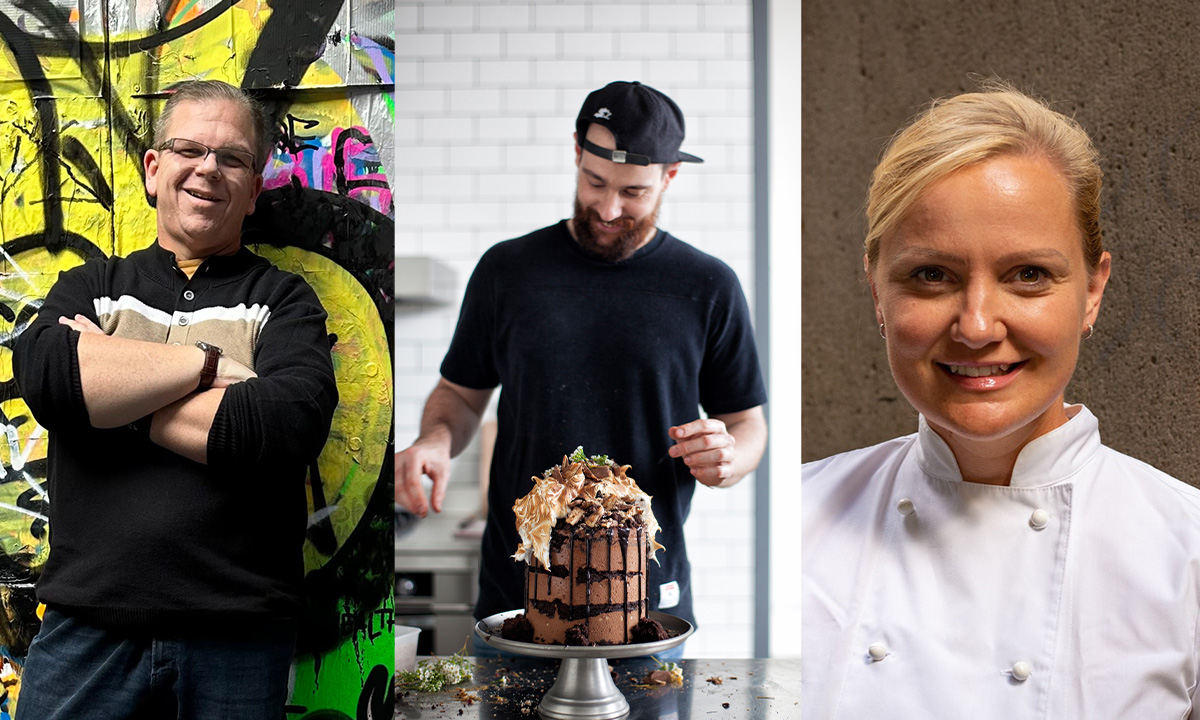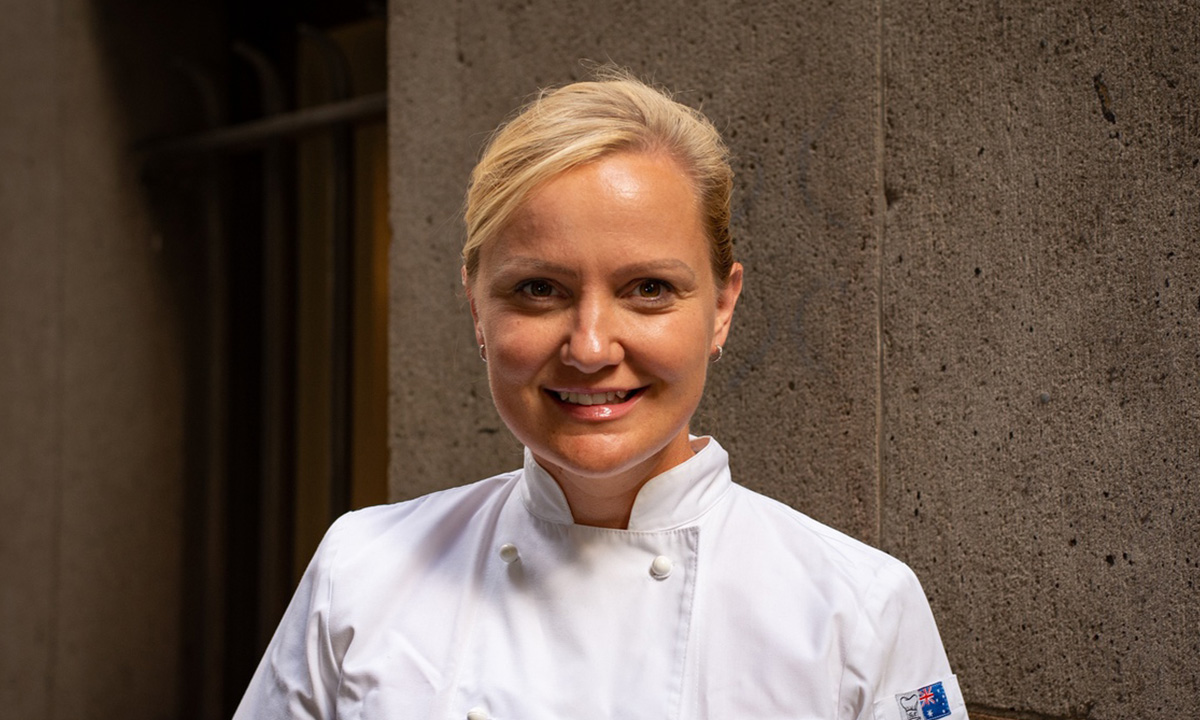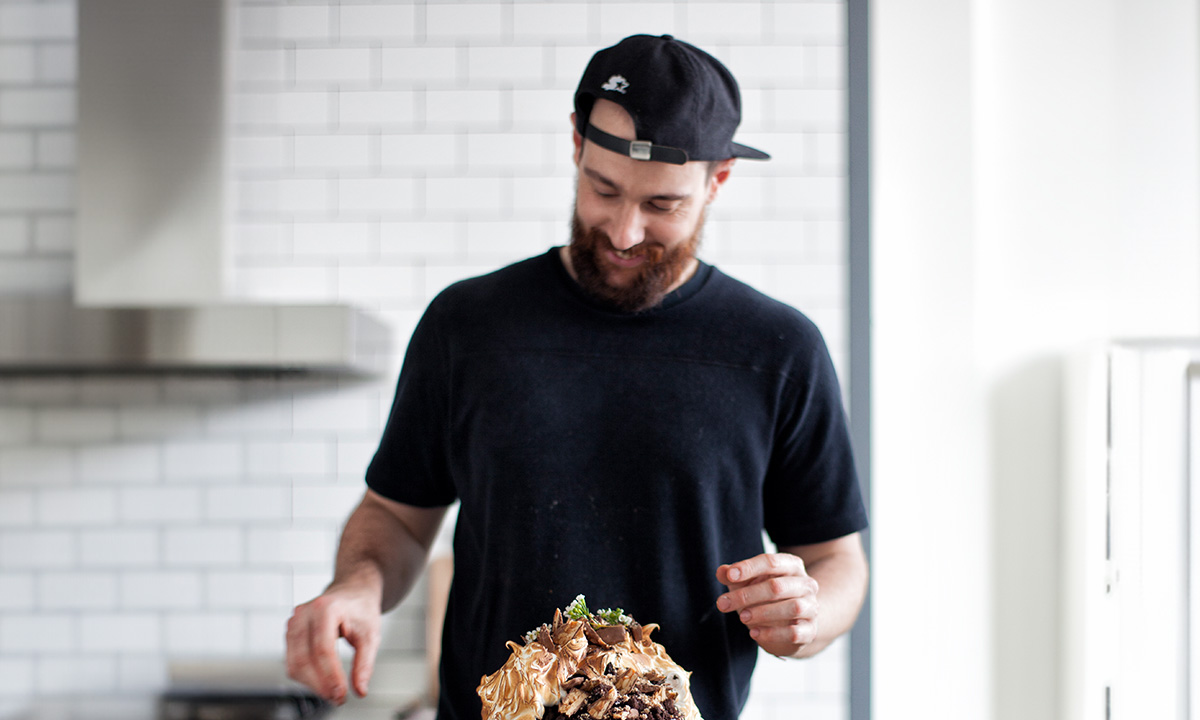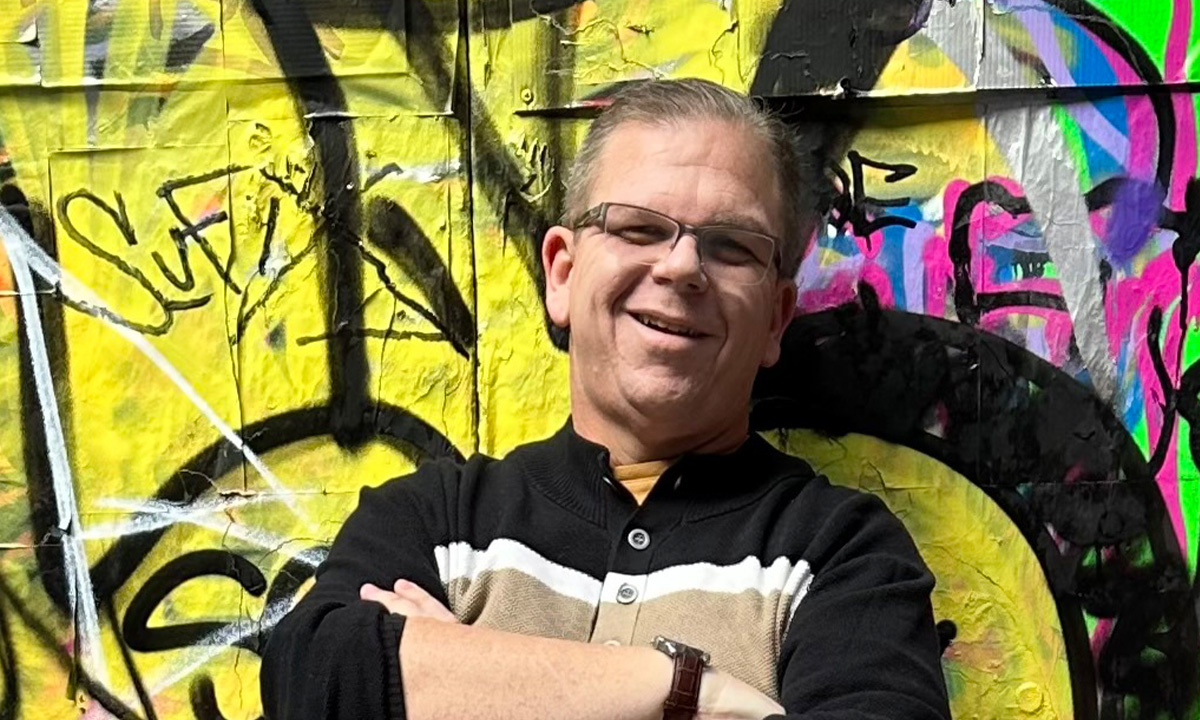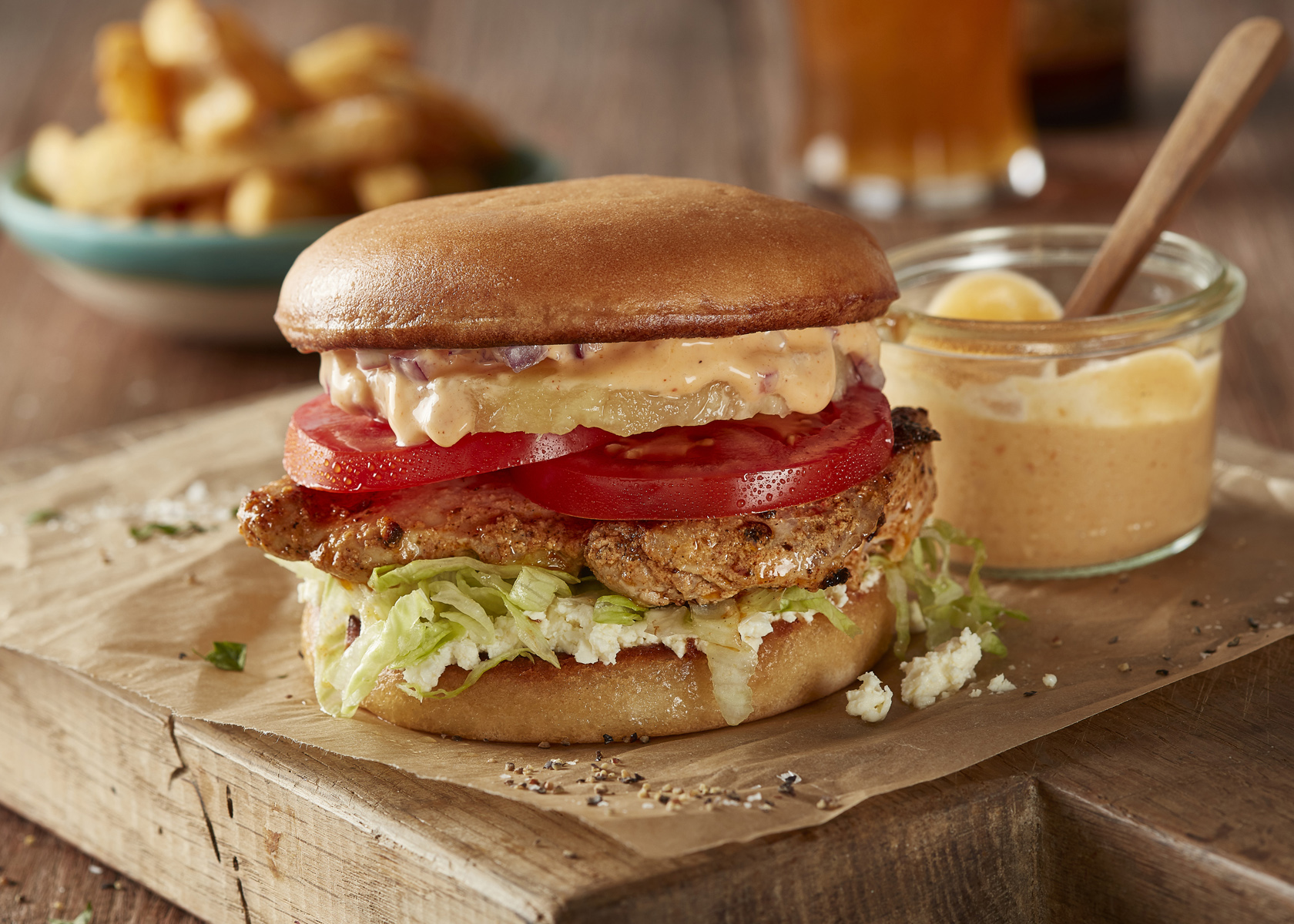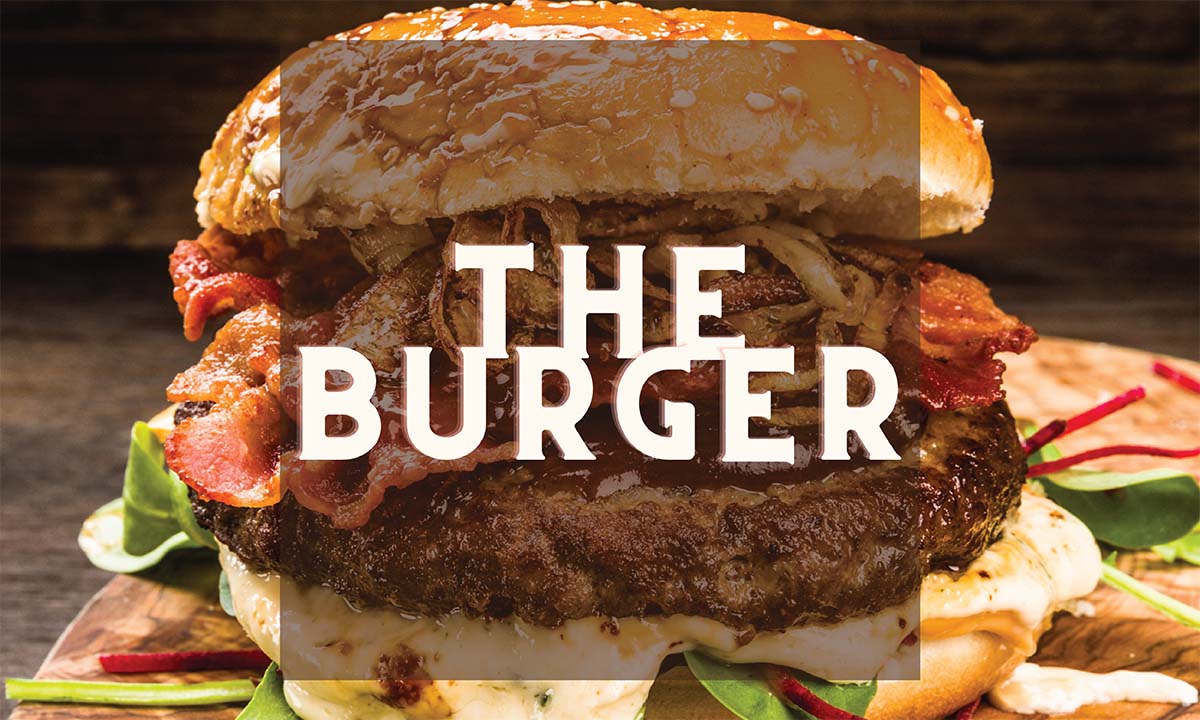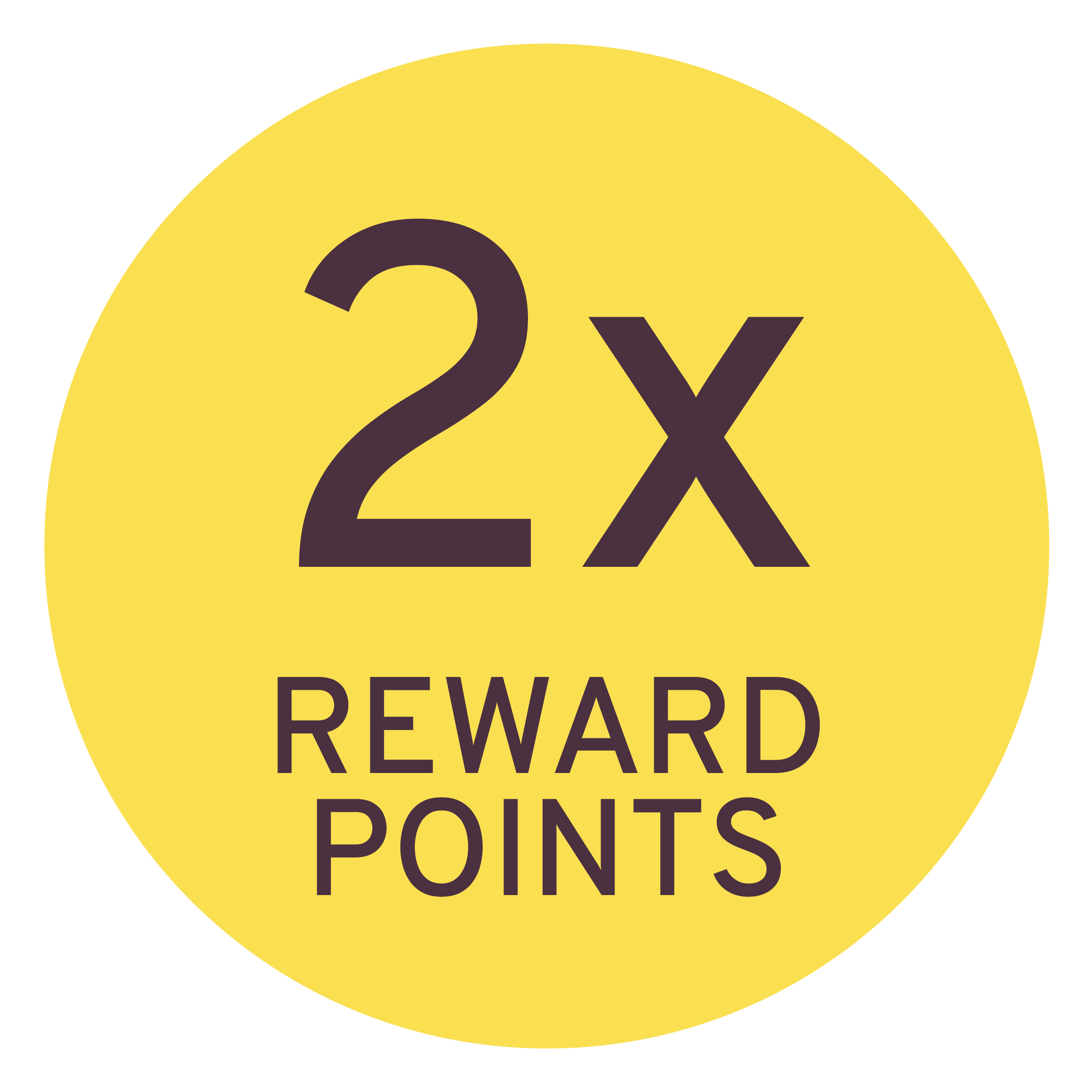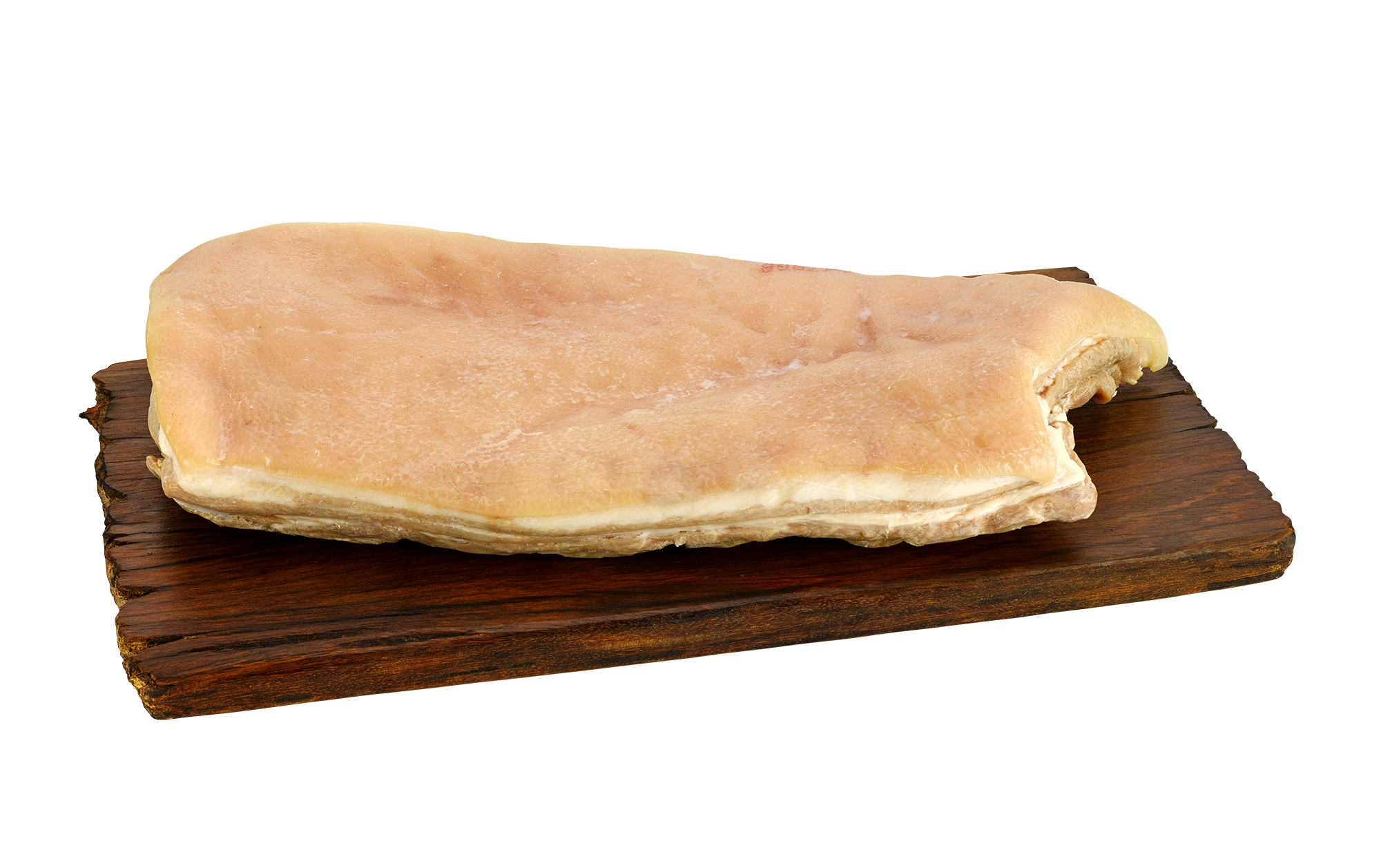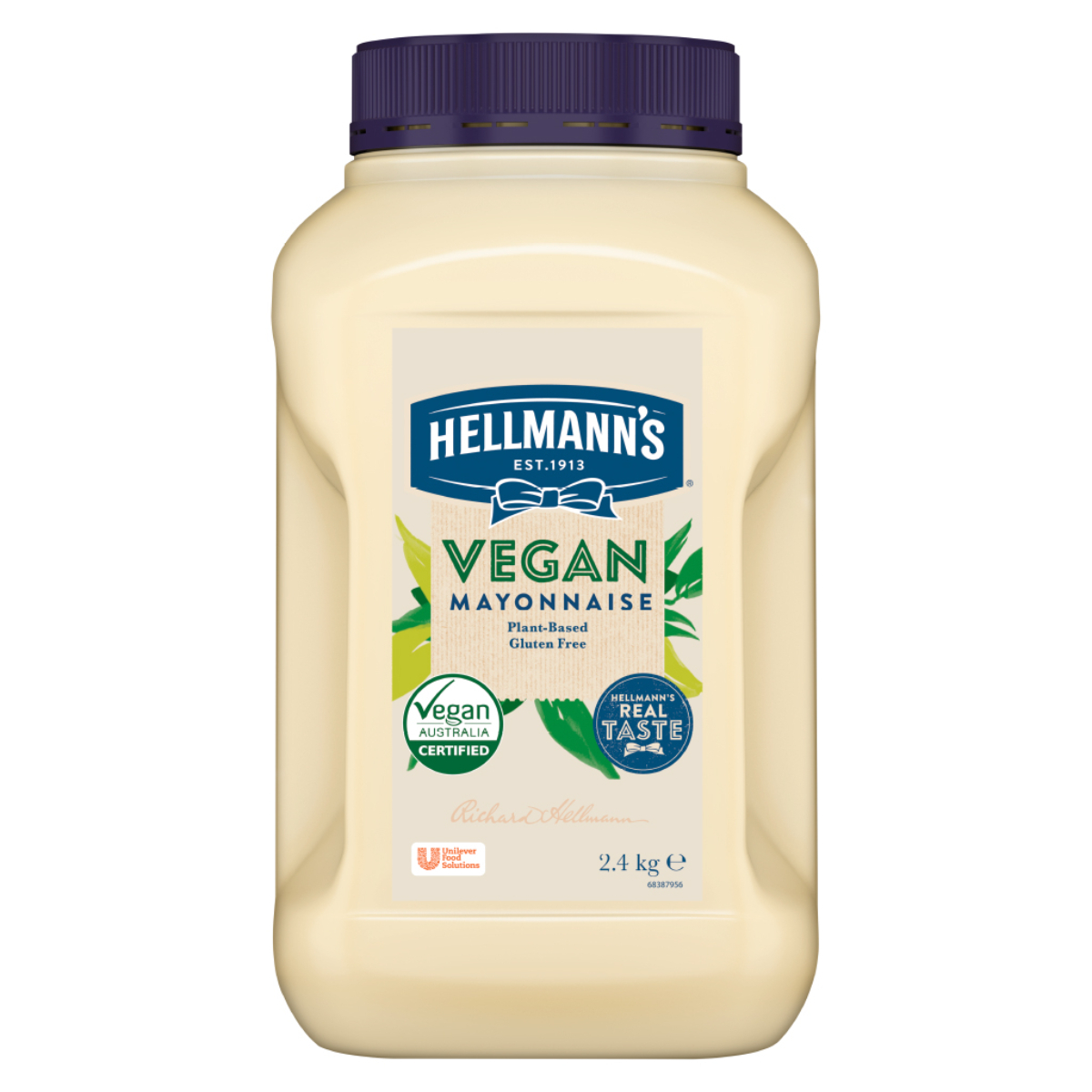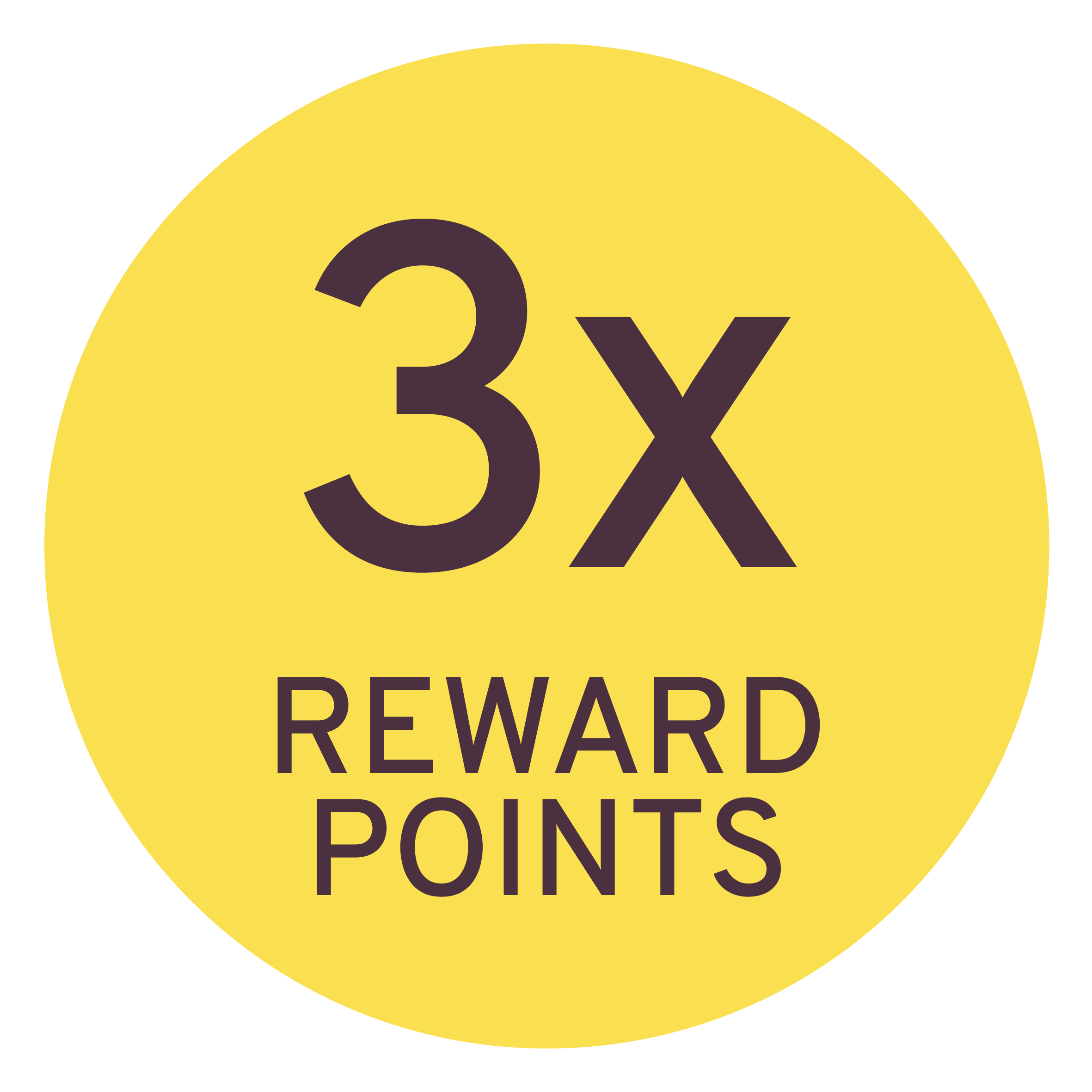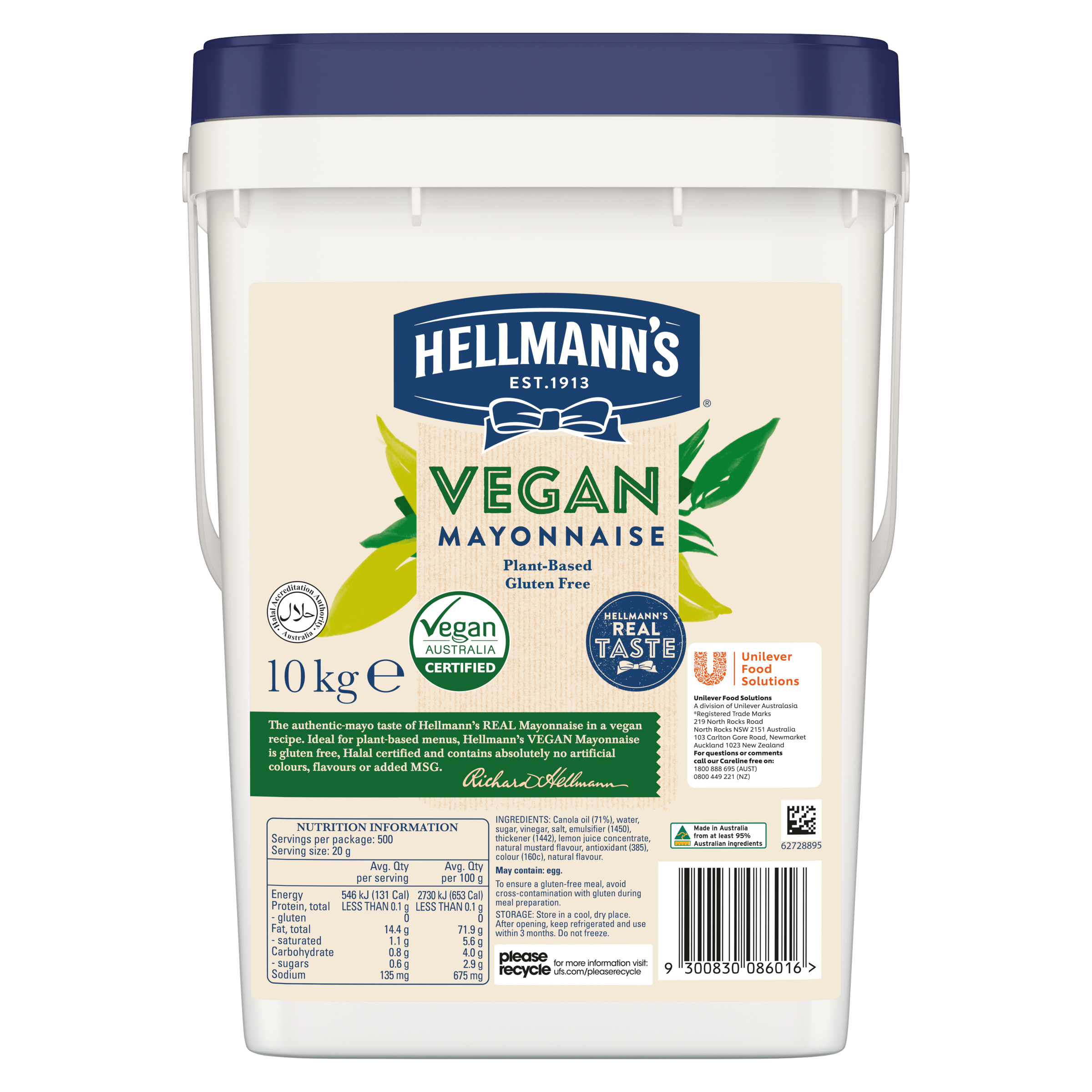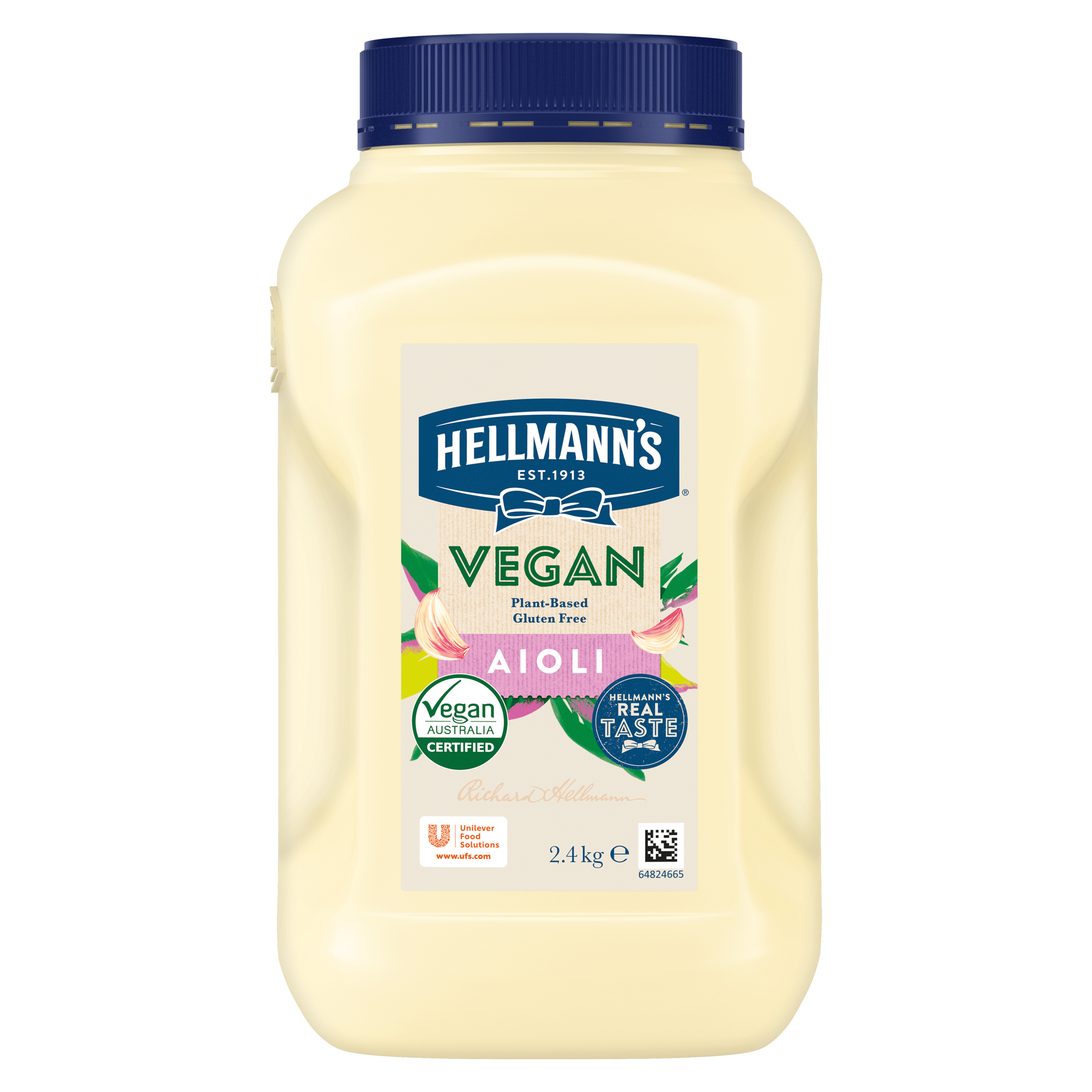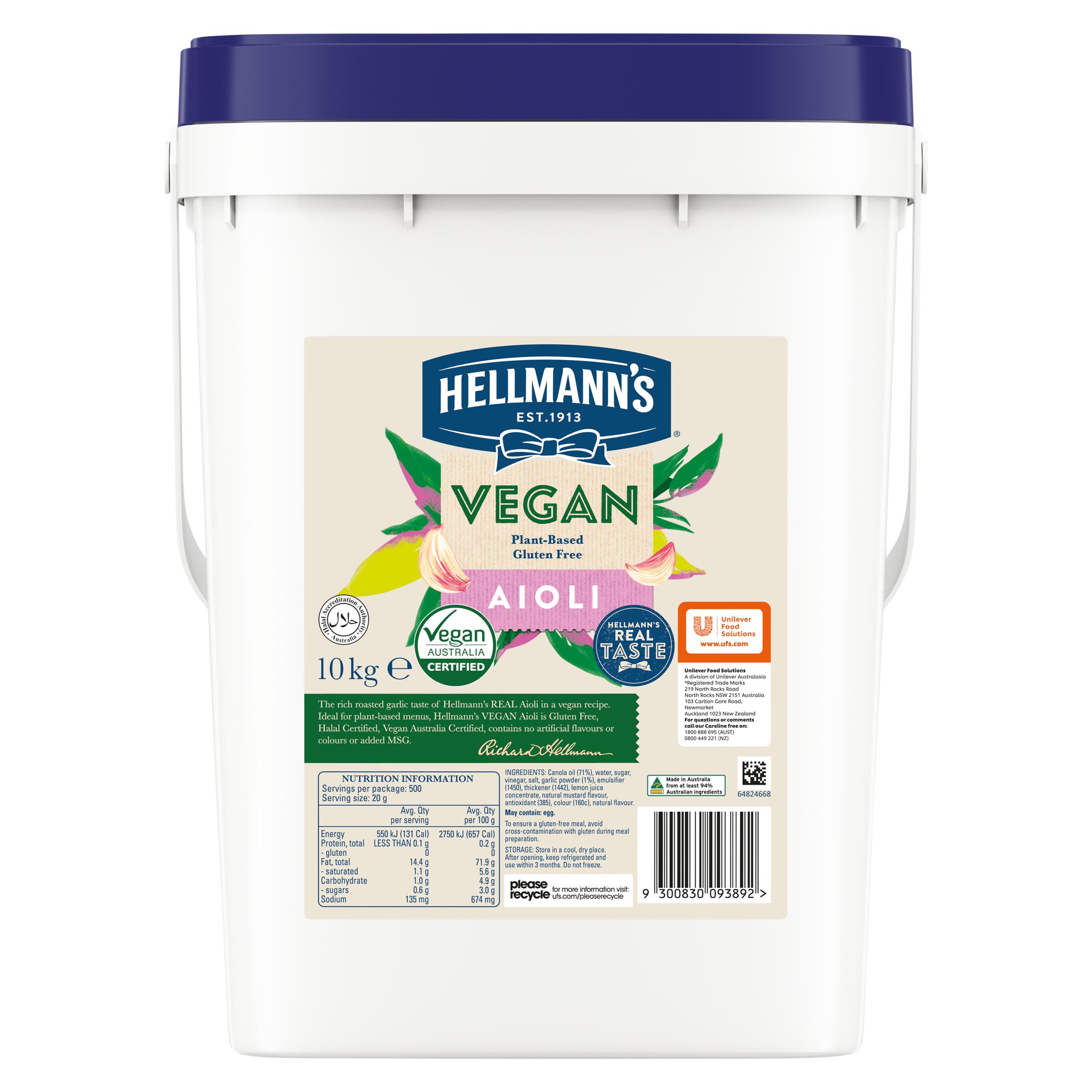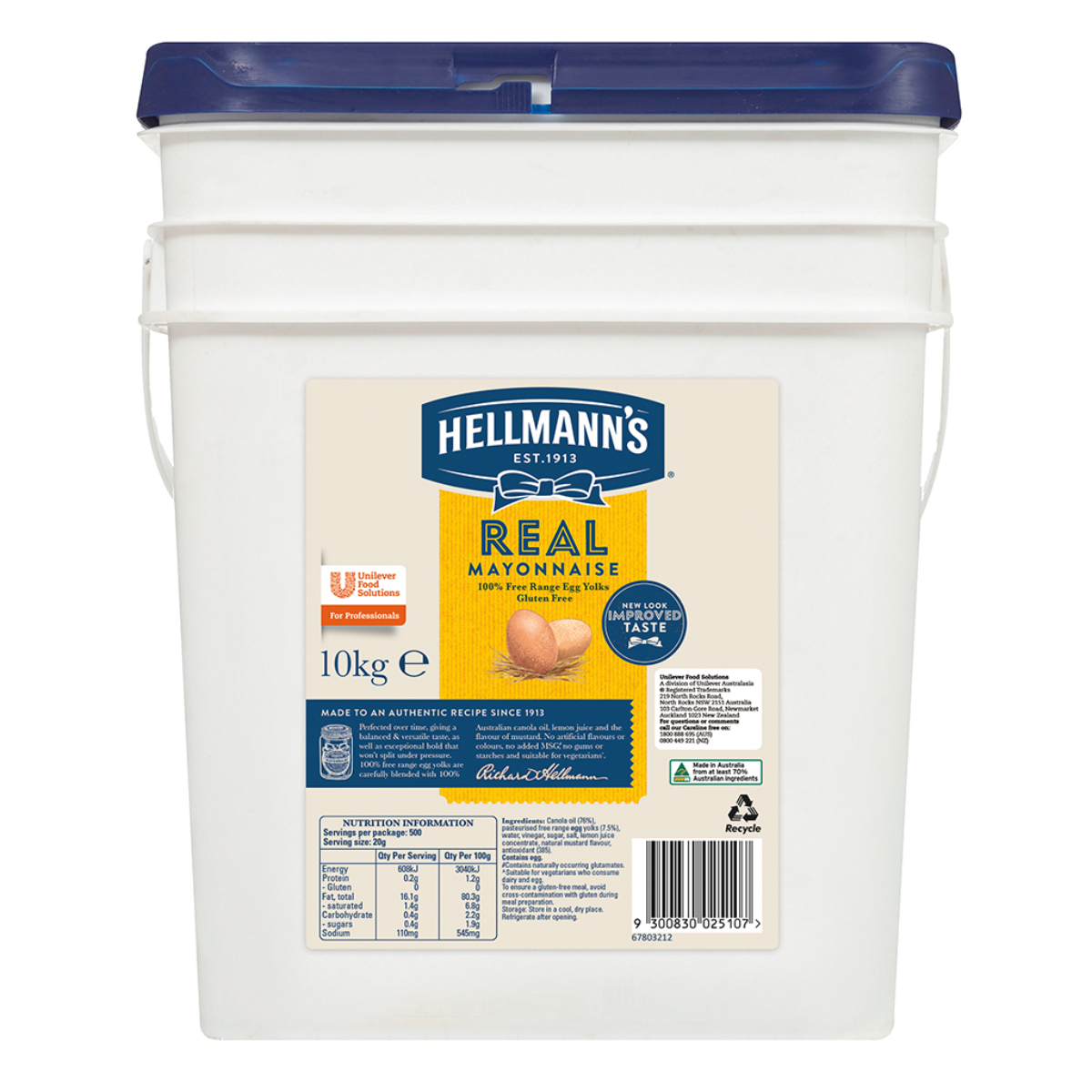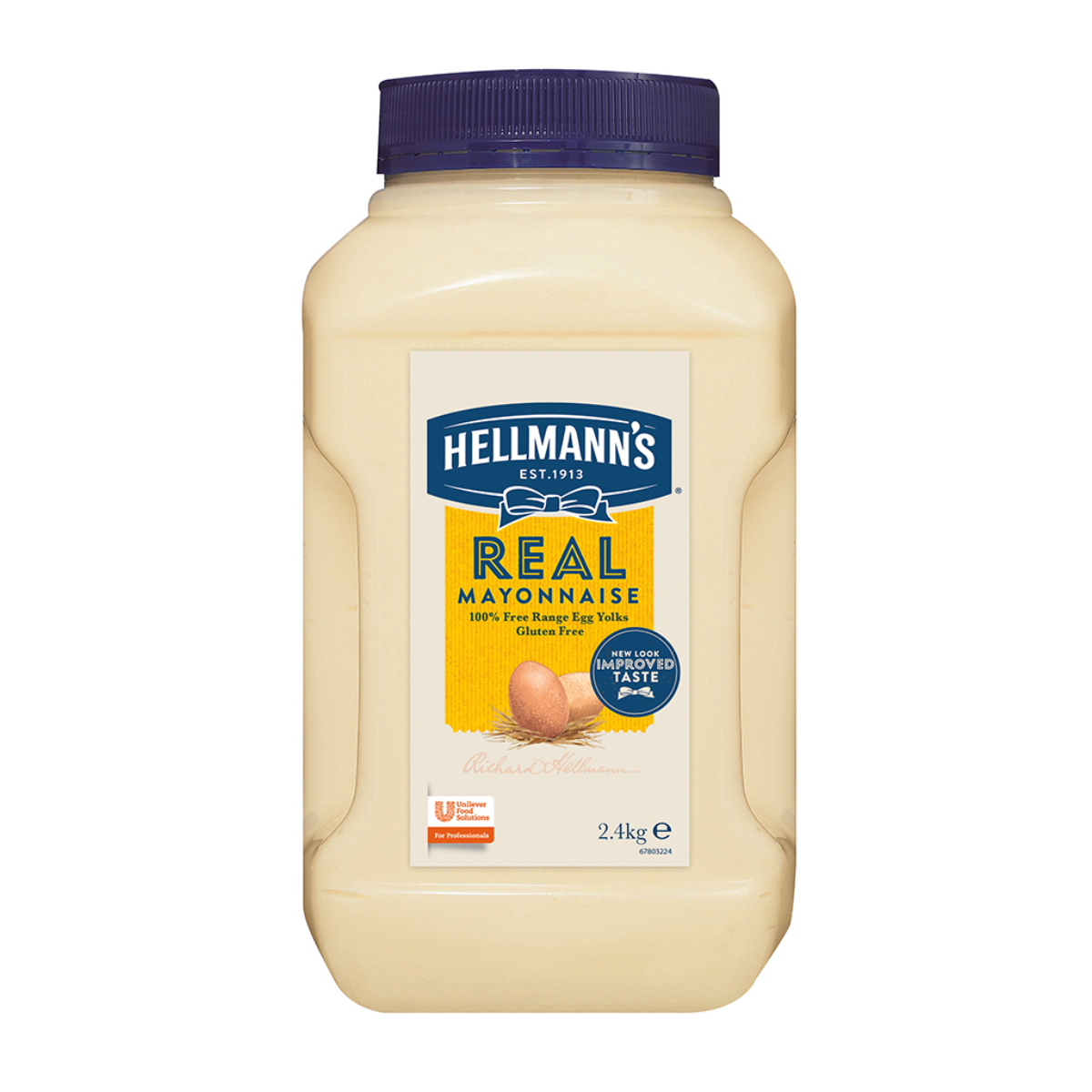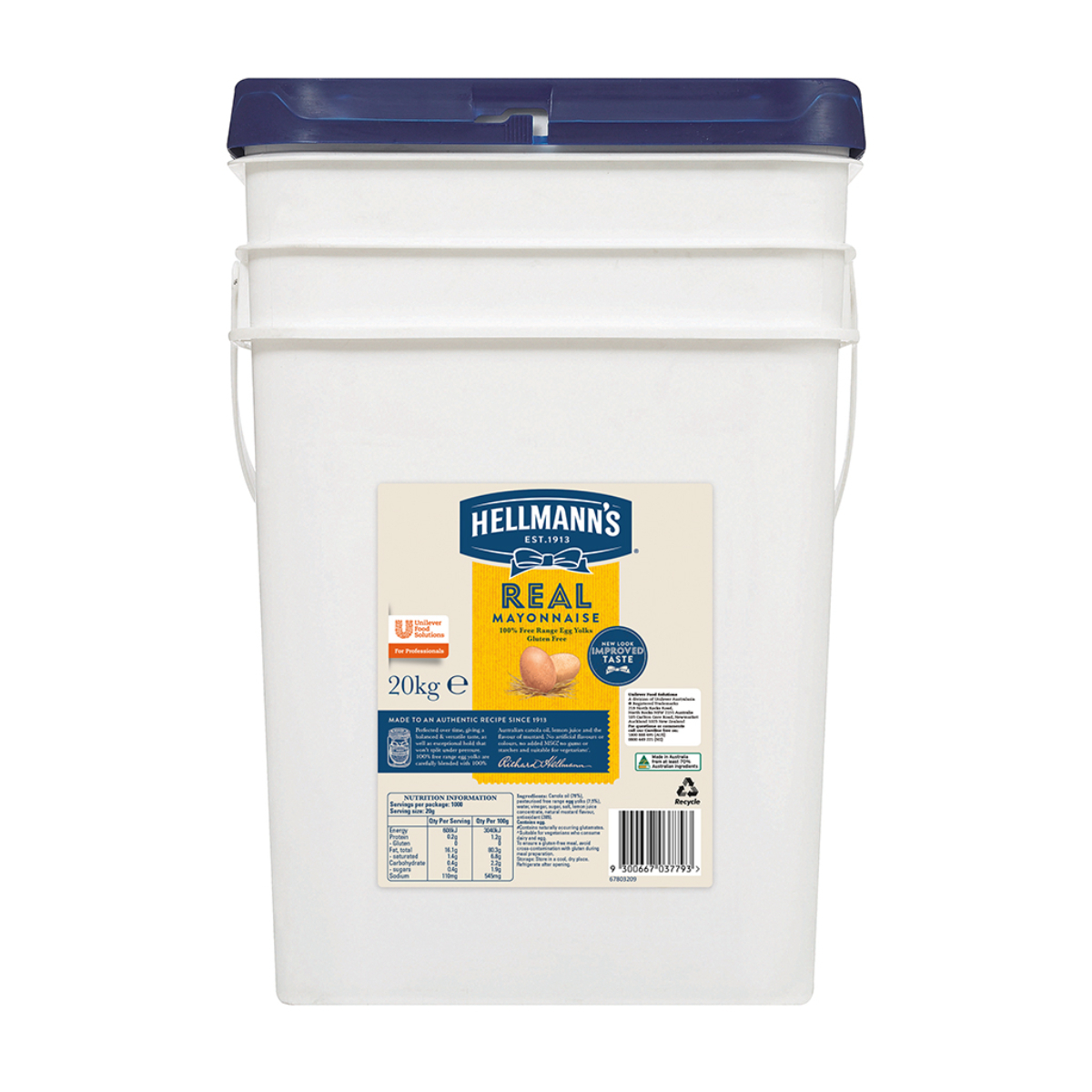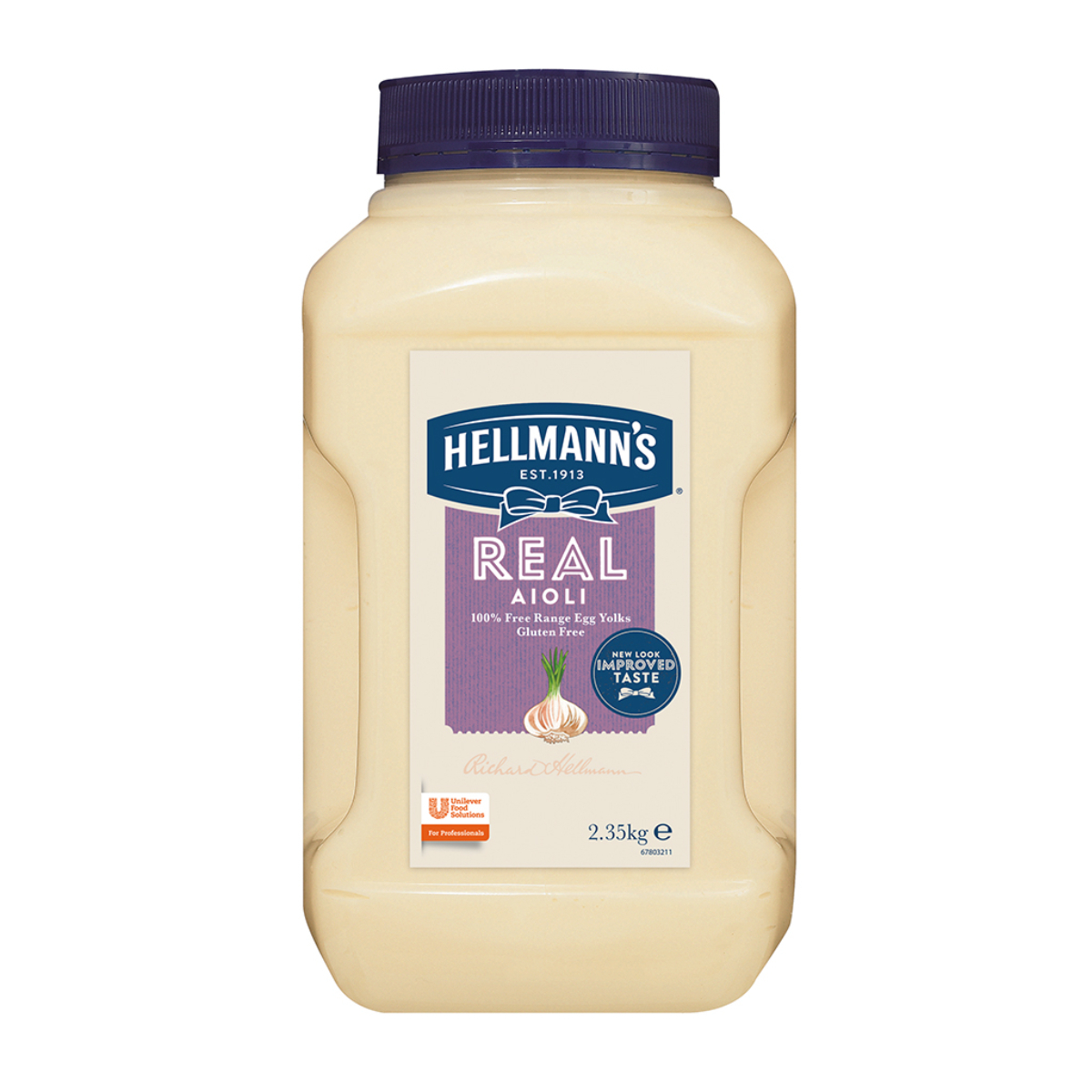The hospitality industry is ever-changing in many ways. Although technology and culinary trends play a huge part in our day-to-day work lives, one of the biggest impacts is the evolution of workplace culture and the ways in which more and more chefs are learning to prioritise their mental health.
We spoke to three highly experienced chefs about their personal journeys with mental health in hospitality to find out what’s changed over the years and what advice they have for others in the industry.
Amanda Fuller on the power of personal interactions:
My career started back in 1999 and mental health wasn’t really a topic that anyone talked about.
As a female in what was predominantly a male [hospitality] world, recognising that there were struggles was just not something you did. It was an unspoken thing and it was seen as a weakness, so putting struggles into a box and internalising was something that I practised for probably 15–20 years.
Looking back though, I’d probably be kinder to myself. And realise that it’s ok not to be where other people think I should be, and to know that I am enough.
As a young chef I worked in some isolated places, and we would all lean on each other through that common bond of being from elsewhere.
The camaraderie was what got me through the challenges of mental health back in those days and the post-work wind down was more prevalent than it is now. We played cards and talked about where we were from, and that’s how mental health was handled. So, unknowingly, we supported each other through socialising post-work, because it was essential.
It’s so important to make time for physical interaction. Meeting with people face-to-face, going on outings, being present and getting off the phone – hospitality is what brings people together. Yes, everyone eats, but it brings people together at a table and that’s a great way to stay connected in real ways.
Nothing really compares to embracing your friend or sharing a meal or bumping elbows around a table, nothing can replace that. There’s a lot of studies on physical contact and touch, just greeting someone with a hug can help our mental health.
Andy Bowdy on the importance of talking it out and taking time out
There’s a lot of pressure in the hospitality industry and for small business owners I feel like the hospitality industry gets judged so much more harshly and by so many more people than other industries with things like social media. I know that younger chefs find that hard on mental health and I know how much the things people said meant to me when I was a young chef. It’s hard not to be affected by it.
My process today is that I need my days off. To just go home, don’t call me, I need that time to myself.
The mentality I’ve adopted is that food is subjective and you’re never going to be able to please everybody. I think as long as you’re happy with what you put on the plate – you’ve just got to back yourself and turn yourself off from the outside commentary.
It’s also important not to let things fester. Talk to people about issues. Whether you’re not happy about hours, pay, another staff member’s attitude etcetera, but obviously address it appropriately to a senior. My younger self wouldn’t talk about issues that were bothering me and it would fester in my head for weeks. And a clear mind is a happy mind.
I also like to run. I think exercise is important, although my current body would argue with that. I find long runs a good time to reflect and think problems through.
Lastly, in kitchens, you work in a hierarchy, you’re going to do things wrong and people are going to get upset and people are going to correct you. Don’t take it personally. It’s a learning journey and taking all the advice and criticism will ultimately make you a better chef.
Adam Moore on acknowledging problems and seeking professional help
I’ve been through an interesting journey of late, especially with my weight loss and getting my head straight during that time. My weight was part of an addiction. When we try to hide our emotions we find an addiction, and mine was food.
I didn’t have a mental health strategy, and I probably took on too many problems that I shouldn’t have and found that my mental health was not in a good space.
Getting back on track took a combination of things. First was realising I needed to change things. Just realising there are a few signs; I wasn’t myself, I wasn’t getting out of bed, I didn’t have the motivation to do things like exercise or look after myself. I wasn’t the person I wanted to be, so I got some professional help.
For a good chunk of my 30-year career, there was nothing in terms of mental health support. But in the past five years you can really see a difference where chefs can say ‘I can talk about my feelings’. The stigma around that is shifting, with things like the Burnt Chef Project (launched recently), and organisations like R U OK. More venues are training their staff in mental health awareness, there’s a lot more conversations happening and it’s getting into more policy too.
Once you’ve acknowledged a problem it’s important to know that there are solutions, no matter what – it could be financial, physical or mental, there are lots of options to help. I’m testament that getting professional help works and opens up new avenues. It’s a very different journey to my habits of 12 months ago.
If you’re concerned about your mental health, call Lifeline Australia on 13 11 14 for immediate support or visit Lifeline.org.au.

